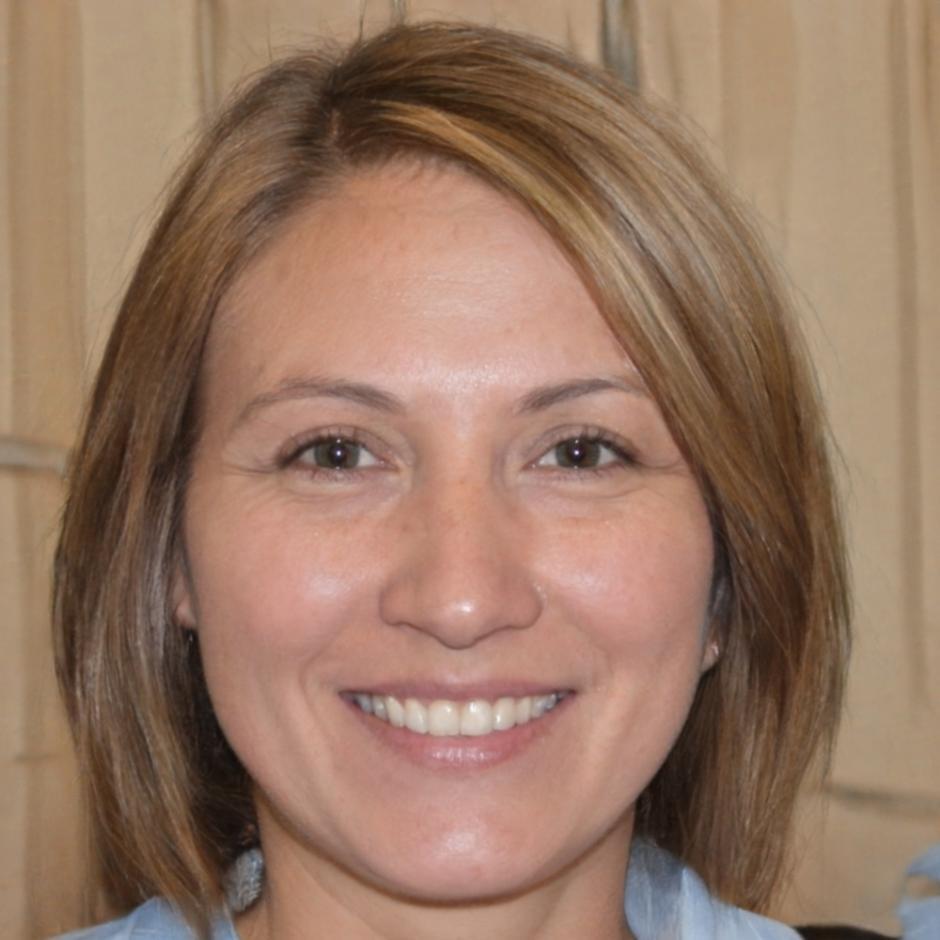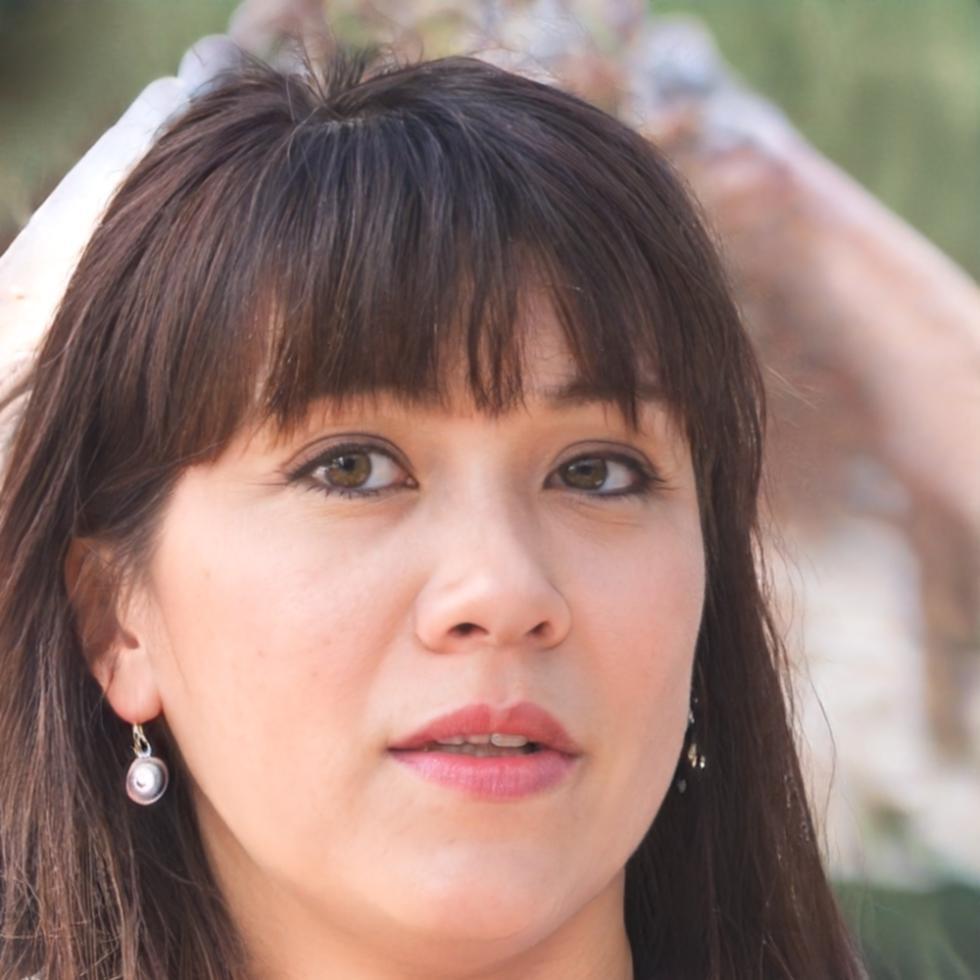How We Actually Teach This Stuff
Most financial education either dumbs
things down to the point of uselessness or assumes you already speak
finance fluently. We've spent years finding the middle
ground—practical enough to apply immediately, but thorough enough to
create lasting change.
Weeks 1-4
The Observation Period
You track everything without changing behaviour. Just watch.
Most people discover they have absolutely no idea where their
money actually goes. That awareness alone shifts things.
Weeks 5-10
Pattern Recognition
We look at your specific patterns together. Not generic budget
categories, but your actual spending triggers. When do you
impulse buy? What expenses surprise you every single time despite
being regular?
Weeks 11-16
System Building
You create a financial system that matches how you actually
live. If you hate spreadsheets, we don't force them. If you love
detailed tracking, we go deep. The goal is something you'll
maintain past week seventeen.
Weeks 17-24
Real-World Testing
Your system meets actual life. Unexpected bills, seasonal
variations, all the messy reality. We adjust based on what's
working and what isn't, until it becomes second nature.




